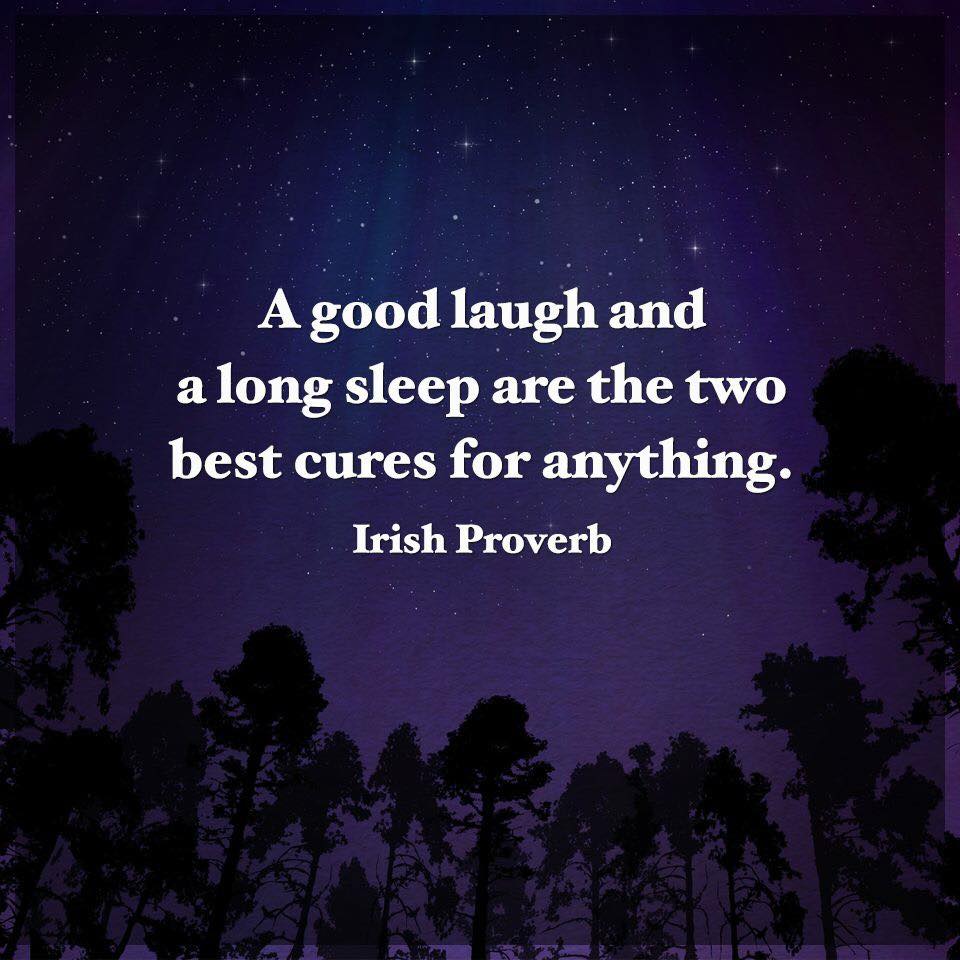The American Academy of Sleep Medicine and the Sleep Research Society recommend that adults aged 18-60 years sleep at least 7 hours each night to promote optimal health and well-being.
Sleeping less than seven hours per day is associated with an increased risk of developing chronic conditions, such as diabetes, high blood pressure, heart disease, stroke, and frequent mental distress. – Centers for Disease Control and Prevention
Did you know that lack of sleep is considered a public health concern or epidemic by U.S. public health institutions? Called sleep deprivation or sleep deficiency, the National Sleep Foundation (NSF) notes the condition affects “45 percent of Americans…(affecting their daily activities at least once in the past seven days.”
An immense amount of science and research subsists, yet nearly half of all Americans still do not get enough sleep on a regular basis. Part of this apparent disregard for the importance of sleep can be ascribed to the fact that unlike most epidemics (e.g. smoking), information pertaining to the importance of shuteye is not widely dispersed to the public.
But some of us have only ourselves to blame. Those that do not prioritize sleep almost always have some kind of habit that takes precedence over it.
Here, we take a look at five things that disrupt your sleep, including habits, and how to avoid them. We’ll also suggest how to overcome these difficulties.
HERE ARE 5 THINGS THAT HURT YOUR SLEEP (AND HOW TO AVOID THEM):
1. PROBLEM: FEELING TIRED, BUT THE MIND WILL NOT STOP RACING.
Despite the mind/body connection that most of us accept as truth, at times they are at odds. Your body desperately needs shuteye, but your brain will not yield to the body’s demands. Instead, your mind races; reminding you of stuff that needs to be done, and other uncertainties that haven’t settled in your mind.
Solution: Allocate some time to “unwind.”
Most of us work hard and are pressed for time, but we still need to enjoy life. During the evening, many of us reach for the remote or do something else to procure some stimulation. Such activities are fine permitting that we understand our sleep schedule. To “ease into” sleep is the best way to do nod off. The best way to nod off is to do something relaxing, such as reading or taking a warm bath.
2. PROBLEM: WAKING UP SHORTLY BEFORE THE ALARM.
The circadian rhythm, aka the sleep/wake cycle, is an entrenched habit that we all have. For light sleepers, two things this cycle doesn’t appreciate is light or noise, no matter how subtle. A common example: waking up an hour before the alarm goes off feels atrocious. We’re still tired and dazed but can’t go back to sleep.
Solution: Practice having a regular sleeping schedule.
As mentioned, our sleep/wake cycle is a deep-rooted habit. For early risers and light sleepers who consistently wake up earlier than necessary, readjusting this cycle can be difficult. However, there are a few things that can help: refrain from anything stimulating; go to bed earlier; avoid ambient light and wear ear plugs or a night mask to minimize early-morning noise or light.
3. PROBLEM: RESTLESSNESS DURING SLEEP TIME.
Experiencing consistent wakefulness during the night is considered a form of insomnia. While not everyone can be diagnosed as an insomniac, there plenty of reasons why someone may feel that way. Restlessness can be ascribed to a number of things: a high-fat diet, drinking before bedtime, stress, and body aches among them.
Solution: Eat a healthy meal before bed.
It can be challenging to pinpoint exactly what is causing this period of restlessness. One solution is to consume a meal of lean protein and complex carbs prior to sleeping. Lean protein and complex carbs help to stimulate certain neurotransmitters that produce a relaxing effect on the brain. If you’re knowingly violating certain sleep hygiene habits, such as those mentioned above, the fix is a bit easier. Just stop doing them. Should the cycle continue itself, it is advised to schedule a doctor’s visit.

4. PROBLEM: WORKING AT NIGHT OR BEING A “NIGHT OWL”
There are two types of people: those that thrive working during the daytime, and those more productive during the evening (again, part of that circadian rhythm thing.) In the event that your work requires production into the late evening hours, it can be burdensome to correct any sleep-related problems.
Solution: Adjust your schedule according to your sleep habits, if possible.
First addressing the mandatory work-related issue; the best course of action is to examine if and when you can produce work prior to the late hours. Should this scheduling become a serious problem, it may be time to discuss other options with your employer. Concerning the day lark/night owl thing, well, if you’re getting an adequate 7 to 9 hours of sleep, and not suffering any adverse consequences, keep on keeping on.
Related article: This Two Ingredient Tea Recipe Helps You Sleep DEEPLY For Hours
It all depends on your schedule, in other words.
5. PROBLEM: PROBLEMS SLEEPING WITH ANOTHER
We can see you married folk nodding your collective heads in agreement with this one: sleeping with your significant other can be disruptive. This is especially true if he or she happens to snore or toss and turn. Also, if one is a night owl while the other is an early riser, these problems exacerbate. There is actually a medical term used to describe all of the above: “sleep incompatibility.”
Solution: Try to treat the underlying issues of “sleep incompatibility.”
In the event that an underlying medical condition is causing sleep incompatibility, a physician specializing in sleep medicine, otolaryngology, or neurology can prescribe an appropriate treatment. For the night owl/morning lark couple, the solution requires communication and compromise. An agreed upon sleeping solution or arrangement shouldn’t be too difficult.
source : powerofpositivity.com
